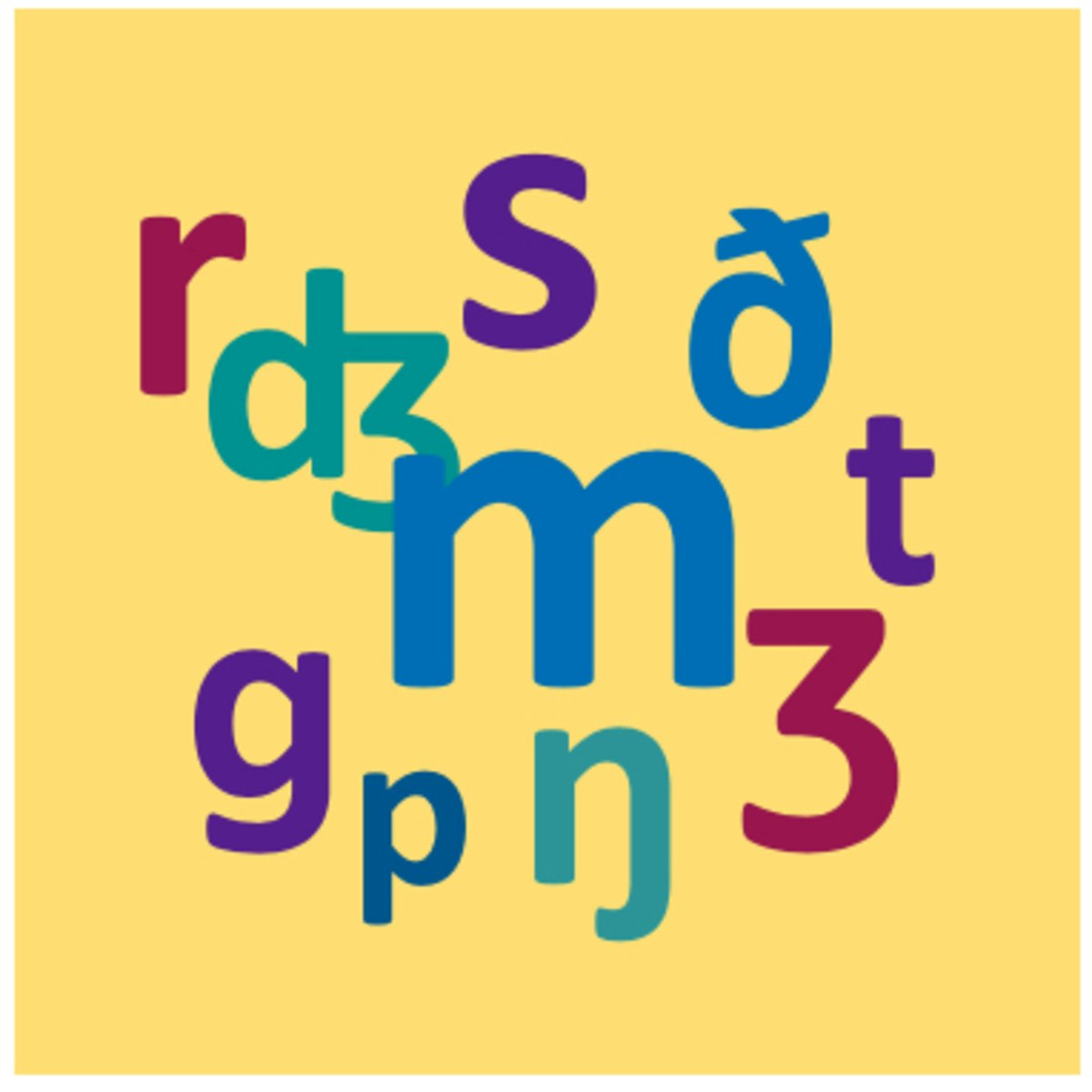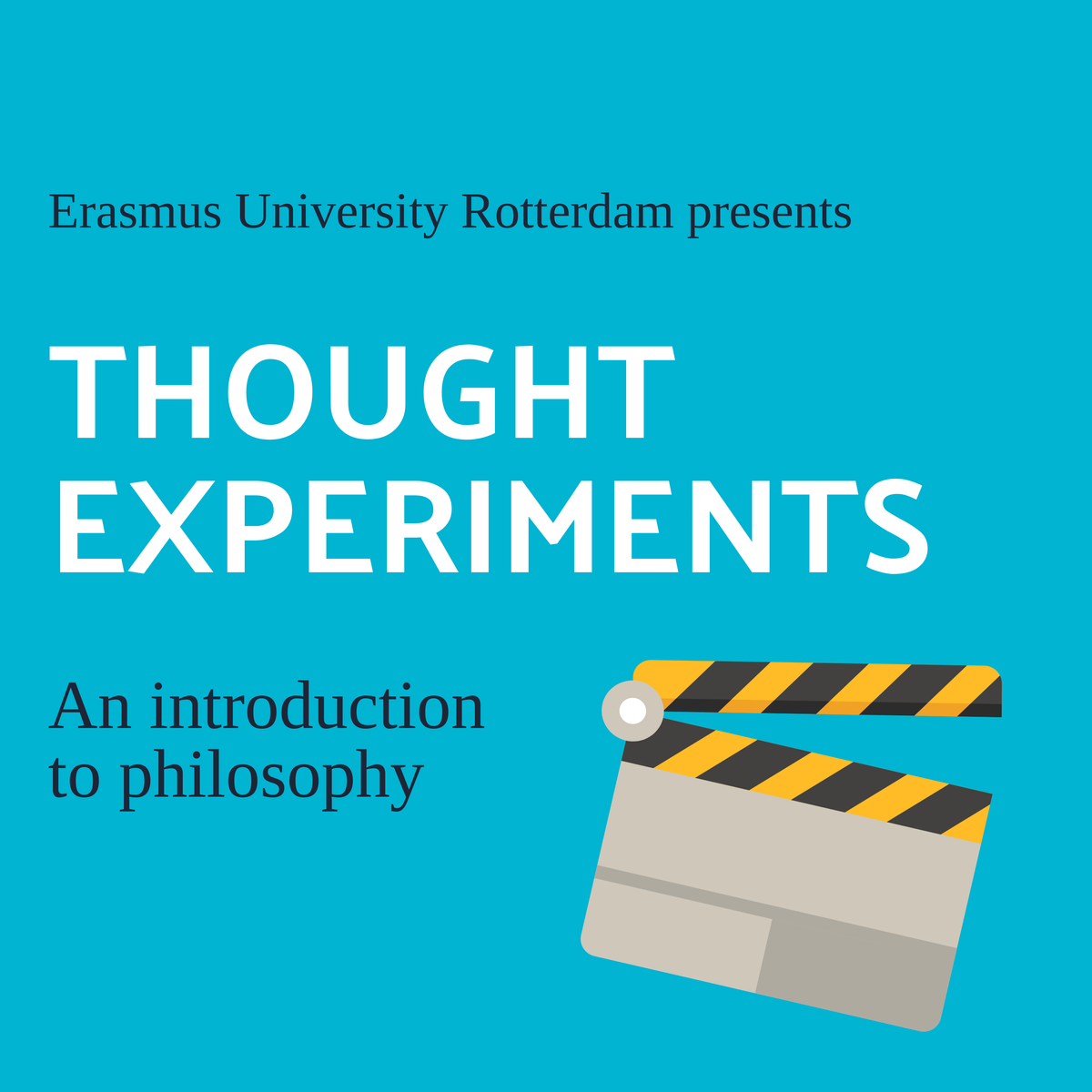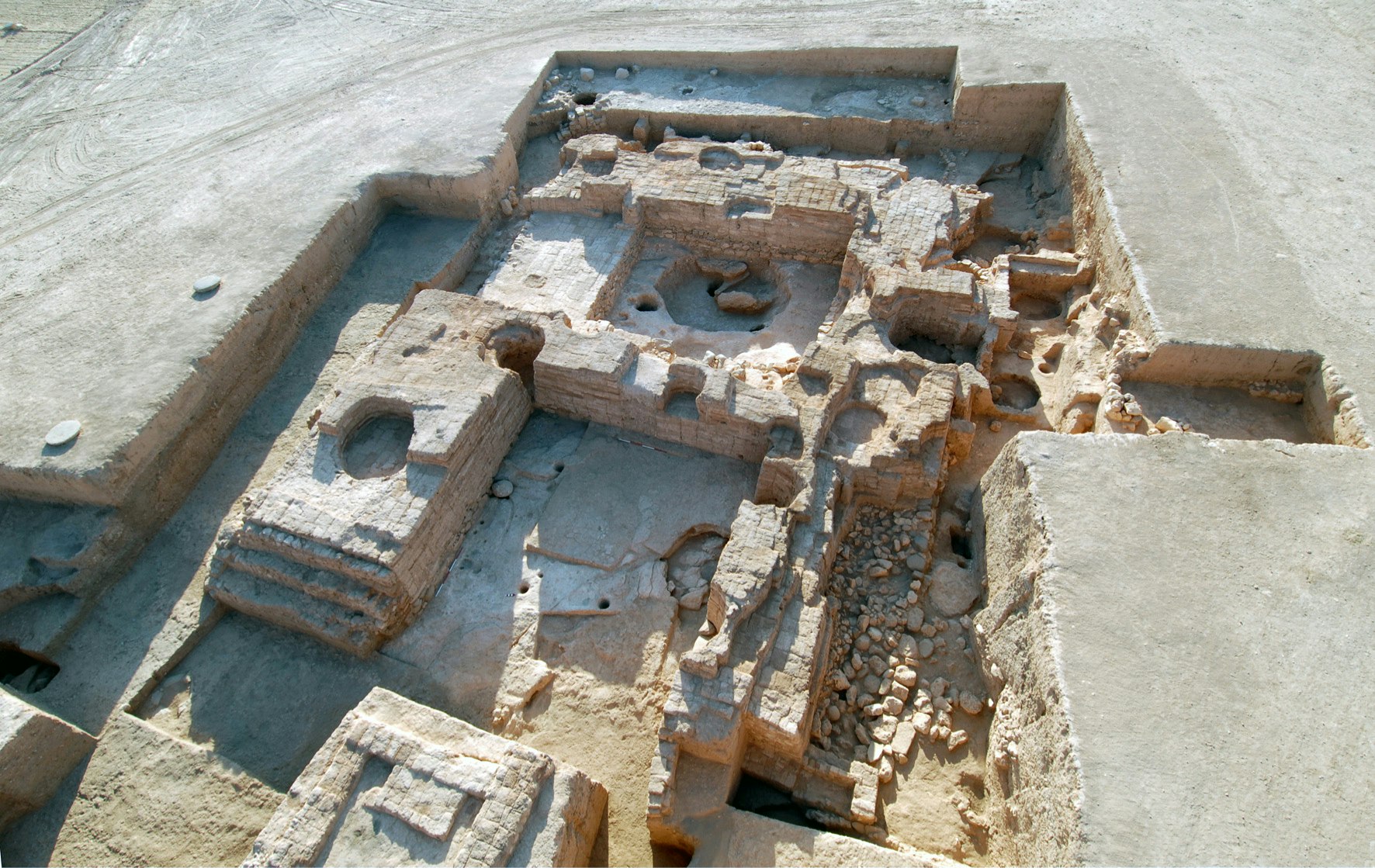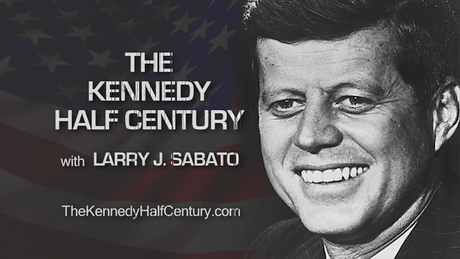Back to Courses







History Courses - Page 17
Showing results 161-168 of 168

Teaching Writing Process
Half a century ago, a revolution took place in the teaching of writing. Educators asked, “What if we were to study how professional writers wrote, as a way to learn how we might teach writing more effectively?” The result was the writing process movement, with its emphasis on not just writing as product but as process. Good writing doesn’t magically appear, nor does it spring from the brain fully formed and perfect the first time. Instead, all writers engage in a process, and while that process can vary writer to writer, some stages do seem to apply, in some way, to almost every writing situation. This course demonstrates how teaching writing as process can lead to a significant increase in students’ comfort level and confidence as writers. Learners will examine methods for teaching writing as discovery, and for using low-stakes writing and reflection in their classes. They’ll fill their toolbox with practical strategies and techniques for teaching writing to students of any age, in any situation.

Consonants of American English Pronunciation
In this first course of The Pronunciation of American English specialization, you will learn and practice all of the consonant sounds of American English, including some pairs of consonants that are especially tricky. Each week you will receive practical advice from successful English learners and practice an effective technique called shadowing to improve your pronunciation of consonant sounds. You will also have opportunities to record yourself and to respond to the recordings of other learners.
Only learners who pay for the course will be able to take the graded quizzes or submit assignments for feedback. The free version provides access to the lectures and practice activities only.

Anti-Racism I
Anti-Racism I is an introduction to the topic of race and racism in the United States. The primary audience for this course is anyone who is interested in learning about race/racism in the US who has never taken a course in critical race or ethnic studies or affiliated fields (indeed, who may not know what the fields of critical race studies or ethnic studies are), who has never read a book about race/racism, or attended any race equity or diversity trainings on the topic of race/racism.
In this course you will learn how to:
- Use and comprehend contemporary intersectional terminology through a provided glossary
- Critically discuss “whiteness”
- Recognize the concept of White privilege that all White people have whether they want that privilege or not and to differentiate between White supremacy as a systemic concept vs. White supremacists (who are professional racists like the KKK).
- Distinguish between being not racist and being anti-racist
- Define systemic and institutional racism
- Accept the unequal history of race and racism in the United States that has created racial hierarchies that has disenfranchised Black Americans
- Share with others the true foundations of United States’s histories beginning with the acknowledgement of settler colonialism and the rewards that White people have received due to White supremacy and Black oppression.
- Talk about race and racism
- Explain why phrases like “All Lives Matter” and “Blue Lives Matter” are racist
- Recognize that anyone can be anti-racist--it only takes the dedication and decision to be anti-racist, to educate yourself about the history of racism in the US and then to talk in an anti-racist way and to act as an anti-racist
Course logo image credit: Liam Edwards, 06/04/2021. Available on Unsplash at https://unsplash.com/photos/x15GAQNepcQ

Thought Experiments: An introduction to philosophy
Doing philosophy is like seeing a movie and wondering what will happen next, or what you would do in the same situation, or what’s real and what’s merely make-believe.
You’re probably not aware of it, but since you already know how to see movies and use your imagination, you’re well on your way to becoming a good philosopher. The only thing you still need and want to develop though, is the ability to use your imagination in the philosophical way, and that’s exactly what you’ll learn in this MOOC.
Firstly, you’ll learn how to use your imagination to put definitions, analyses or conceptions of philosophically relevant notions to the test by means of imaginary examples and counterexamples, addressing questions that have been part and parcel of Western philosophy since its very inception, such as
- ‘what is knowledge?’;
- ‘what is the mind?’;
- ’what is moral responsibility?’; and
- ‘what is justice?’.
Subsequently, you’ll learn how to use your imagination to develop your worldview. You’ll learn to speculate about what might explain your experiences, ranging from the commonsense explanation in terms of a mind-independent world, to sceptical alternatives, such as that you’re systematically misled by an evil demon or that only your mind exists and that it confabulates all the rest.
Finally, since philosophy is not only about interpreting the world, but also about changing it -and hopefully, for the better- you’ll also learn how to use your imagination to evaluate what the right thing to do is in a given situation, what the criteria are to evaluate actions, and whether such criteria are established evermore or remain an open question.

African development – from the past to the present
African development – from the past to the present -- offers a unique economic history perspective on Africa's development. Over a period of five weeks, the course covers a logical account of historical events and decisions that have shaped the current political-economical landscape of Sub-Saharan Africa - from the pre-colonial and the colonial era, to the era of liberalisation, modern day Africa and the future prospects of the continent.
One does not need to have a dedicated historical interest to benefit from the course. The course targets a broad range of professional groups, actors, organisations and curious individuals - all sharing a common interest in improving their understanding of the limitations and opportunities inherent in the Sub-Saharan African continent.

Recovering the Humankind's Past and Saving the Universal Heritage
Archaeology is, among human sciences, the discipline with the strongest importance for the rediscovery, but also for the preservation and protection of cultural heritage, as Humankind’s universal patrimony. You will be introduced to the way we ourselves reflect on and are engaged with the study of human past: from the practical and material recovery of ancient traces in the field to the study and interpretation. On the other hand, the discovery of human past implies the correct conservation and presentation for both experts and general public: the study and protection of the past we share every day prevent from any possible destruction, misuse, abuse and thus cancellation of human memory.
“Recovering the Humankind's Past and Saving the Universal Heritage” presents to a large public Archaeology as a historical discipline: through an inter-disciplinary perspective you will follow the evolution and change of archaeology to the moment when natural sciences contributed to make the historical reconstructions scientifically sound; the aid of informatics and of virtual reconstructions gives new fascination to the already strong suggestion of Archaeology, as the discipline of discovery par excellence. Within this frame, Ebla, which is the glory of the Sapienza school of Oriental archaeology, will have an exemplary meaning in the course development as a long lasting experience on the field and an excellent example of the scientific results of combined researches and disciplines.
Moreover, the course will focus on actual, innovative instruments to preserve, monitor and give value to cultural heritage through a multidisciplinary approach, based on a deep archaeological and historical knowledge but also on ICT technologies. The wide adoption of ICT technologies in our daily life is also impacting in the way in which we interact with our cultural heritage in particular in terms of preservation and dissemination of cultural objects.
In this course you will learn the basic techniques to digitize cultural objects and obtain 3D digital copies of a physical objects such as statues, vases or archaeological sites. We will also discuss how to structure the raw data in order to facilitate and make effective the access to digital contents. In particular, we will present the European Data Model, a framework for collecting, connecting and enriching data on cultural objects provided by a number of museum, archives, sites and libraries in Europe.

Transmedia Writing
Do you have a desire to write a novel, write a screenplay, design a video game? In this project-centered course you will develop your own, original, intellectual property (IP) into a transmedia project containing written versions of your IP on various platforms. You will begin your novel, adapt the first chapters of your novel into the opening scenes of a film or TV show and create a game design concept of your IP.
Learner review: "So much AMAZING information! The teacher and content are wonderful. Learned so much!"
This is a course is based in "Active Learning" so that most of the actual learning takes place within your own activities - that is, writing! You will learn by doing.
I am a proponent of experiential learning (also known as active learning). My lectures are short and succinct, designed in a step-by-step process essential to your success as a writer. I will guide you, I will show you how to get there, hopefully I will inspire you, but I won’t show you how to write or what to write. That is up to you, you are the only one who can illustrate your creative thoughts, by writing them! I firmly believe that the only way to become a writer is to write, write, write. You need to unleash your creativity and my plan is to help you to do exactly that!
Learner review: "This is the most challenging writing course that I have done so far! But, it actually made me write the first two chapters of my novel and now, I am now looking forward to finishing the novel and getting it published."
All of the assignments on this course are peer review. At each stage of the process, whether creating your novel, your screenplay or your video game, you will post your written work and review the works of your peers. Peer review is an extremely important element of this course. Giving feedback and getting feedback is essential to the development of your critical thinking and your growth as a writer. It is as important as the writing itself.
This course is designed to tap into your creativity and help you to develop your skills in expressing that creativity through written words.
Learner review: "It made me stay up to 4AM a few times, but its incredible. You will learn a lot, and it is a very fun class"
Writing is a truly beautiful, amazing, satisfying thing. Imagine, putting your own words on a page to tell a story which enters your readers minds and allows them to share the thoughts, emotions and lives of your characters. It is a very rewarding experience.
Learner review: "This course really pushed me to my limits and it is an eye opener for me that there are goals that I can still achieve and accomplish through the world of writing."

The Kennedy Half Century
When John F. Kennedy entered the presidential limousine at Love Field in Dallas, Texas on November 22, 1963, he began his ride into history. That journey continues even today and we call it the Kennedy legacy.
This course will explore the Presidency, assassination, and lasting legacy of President John F. Kennedy. Students will learn how JFK’s life, administration, and tragic death have influenced the general public, the media, and each of the nine U.S. presidents who followed.
Understanding the Kennedy legacy and being able to identify elements of his legacy within the context of modern politics helps understand many of the vexing problems that developed over the last half century as well as many of the challenges that confront us today.
November 22, 1963 was so powerful a moment that in the fifty years since the assassination, every U.S. President that followed JFK has used Kennedy’s words and actions in an effort to craft their own political image. Why does Kennedy’s influence persist, and will it continue? What are the effects?
We’ll address these questions and more as we explore The Kennedy Half Century.
Follow on Twitter: @JFKclass.
Popular Internships and Jobs by Categories
Find Jobs & Internships
Browse
© 2024 BoostGrad | All rights reserved